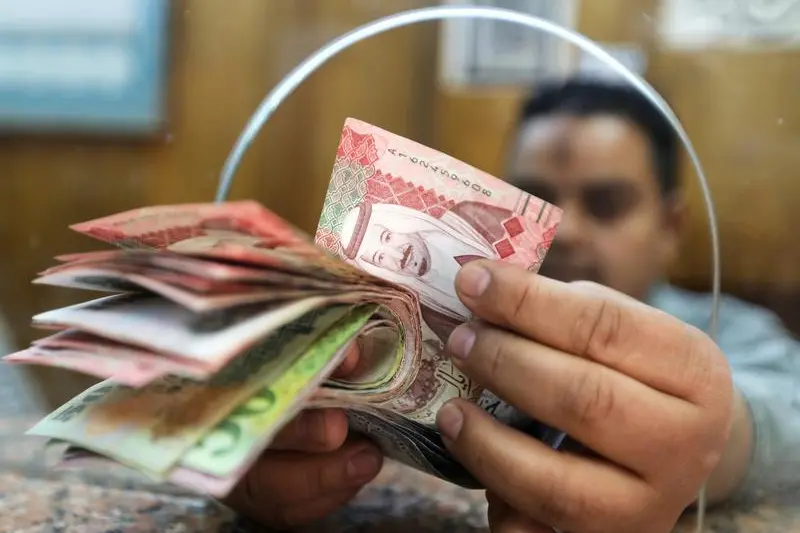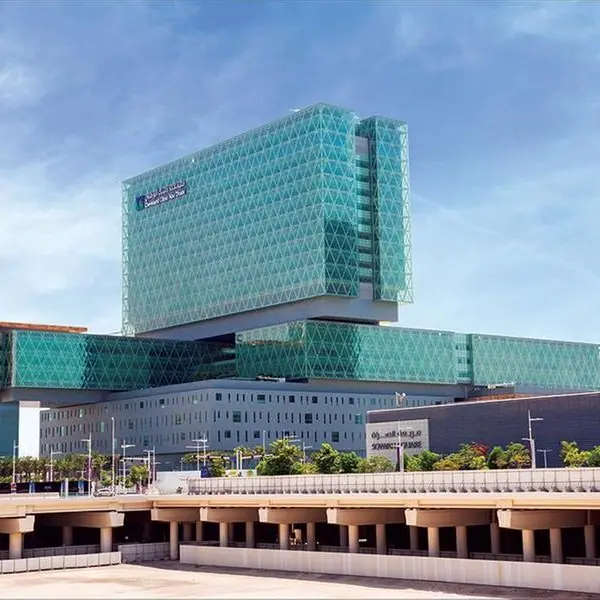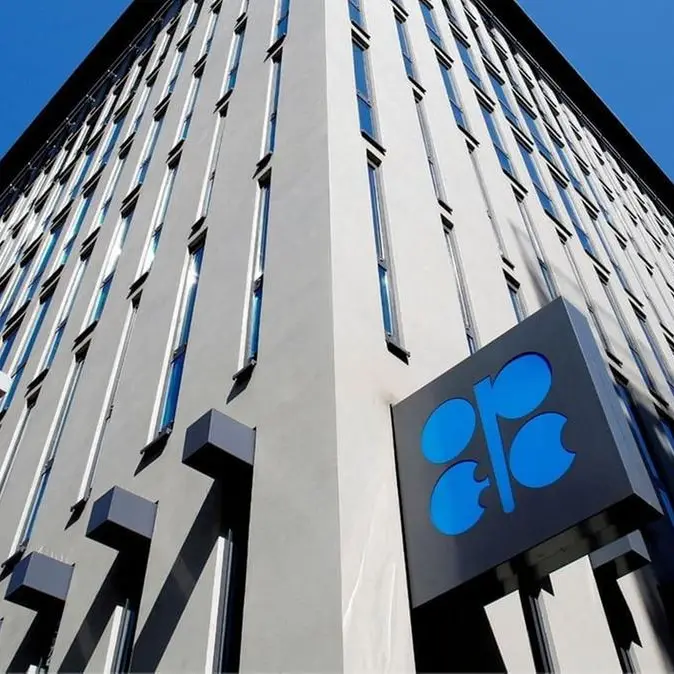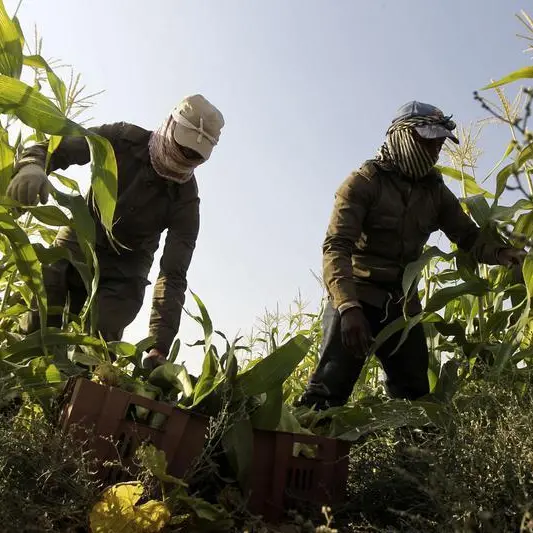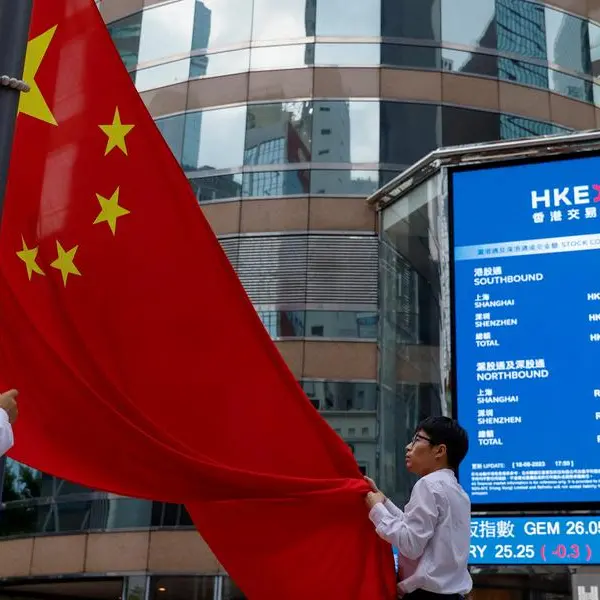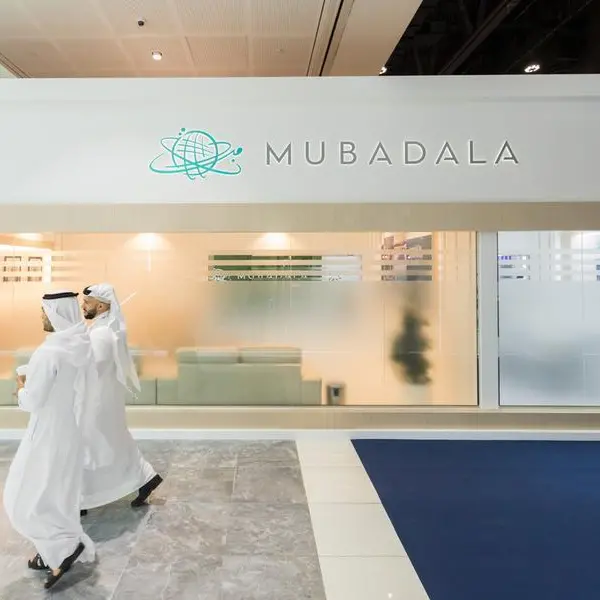PHOTO
RIYADH: Saudi Arabia's $925 billion sovereign wealth fund is weighing a reorganization that could see managers assume some internal responsibilities from governor Yasir Al-Rumayyan, people familiar with the matter told Reuters.
The Public Investment Fund (PIF) aims to sharpen its focus on investments that have a higher chance of success, said the people, after scaling back some of its flagship "giga-projects" due to rising costs.
It also hopes to attract more foreign investment into some projects, two of the sources said.
A third source said it may also review some expenses including costly consultancy assignments.
The fund, the main vehicle for Crown Prince Mohammed bin Salman's plans to steer the Saudi economy away from oil, has a sprawling portfolio of investments ranging from date farms to multinational conglomerates.
Saudi Arabia's de-facto ruler has poured hundreds of billions of dollars through the PIF into projects including NEOM, a massive urban and industrial development project nearly the size of Belgium to be built along the Red Sea coast.
The Line, a futuristic city between mirrored walls extending 170 km into the desert within NEOM, is among projects that have been revised as costs grow.
Some PIF business lines may be combined and new ones could be created, according to one of the sources.
All sources spoke on condition of anonymity because the deliberations are private.
The discussions are ongoing, and the timing of a possible decision is fluid, one of the people said.
A spokesperson for PIF declined to immediately comment.
LARGEST SHAKE-UP TO DATE
The changes would mark the biggest management shake-up since Crown Prince Mohammed, known as MBS, appointed Rumayyan in 2015 with a mandate to drive forward his Vision 2030 economic transformation programme using the PIF's vast funds.
It has since launched or invested in Saudi companies, to create national champions in sectors from financial services to aviation, tourism and industry.
Previously chief executive of the investment banking arm of a local bank, Rumayyan's PIF role has made him one of the world's most well-known investment chiefs and one of the most influential people in Saudi Arabia.
He sits on the boards of many companies the PIF has invested in, including Indian conglomerate Reliance Industries, and was made chairman of Saudi oil giant Aramco in 2019.
But the PIF has grown significantly in size and complexity, and Rumayyan may need to delegate some responsibilities, two of the sources said. He would remain the key public face of the fund, one of the people said.
Assets have ballooned from around $150 billion in 2015 to $925 billion today.
The PIF, which like other sovereign wealth funds discloses limited financial information, posted total shareholder returns of 8% per year from 2017 through 2022, according to its latest annual report.
Assets under management include 94 portfolio companies, its website says. More than two-thirds of its assets are in Saudi Arabia, the annual report shows.
In 2021, the PIF created two deputy governor roles held by Yazeed al-Humied, the head of MENA (Middle East and North Africa) investments, and Turqi Alnowaiser, who heads of PIF’s International Investments Division.
The fund's most audacious deals include backing a new international golf series that drew scrutiny from U.S lawmakers and accusations of Saudi "sportswashing" by human rights groups.
It owns English soccer club Newcastle United and has invested in Uber, private equity firm Blackstone and Japanese conglomerate SoftBank.
But with Saudi Arabia, the world's top oil exporter, still heavily reliant on hydrocarbon revenues while public spending needs are rising, officials are under pressure to deliver on the crown prince's plans to diversify the economy.
Lower oil prices and production dragged on growth last year while spending increased, leading to a fiscal deficit of 80.9 billion riyals ($21.6 billion) - around 2% of GDP. A similar deficit is expected this year.
Among organizational changes, the PIF is reviewing costly consultancy contracts, including with BCG and McKinsey, one of the sources said.
A spokesperson for McKinsey declined to comment. BCG did not have an immediate comment.
Some contractors have meanwhile started pulling out of projects that are unlikely to meet goals, another person said.
The PIF has recently rejigged its market investments. In the first quarter, it almost halved its holdings of U.S. stocks, to $18 billion from $35 billion in December, a filing with the Securities and Exchange Commission showed last week.
To help diversify funding, it raised $5 billion through a bond sale in January and $3.5 billion from a sukuk in October, and plans further debt sales this year.
Aramco transferred an 8% stake to the fund in March, doubling the PIF's holding in the state-owned company to 16% and giving it access to lucrative dividends. (Reporting by Pesha Magid, Rachna Uppal and Alexander Cornwell; Editing by Maha El Dahan, Elisa Martinuzzi and Catherine Evans)
